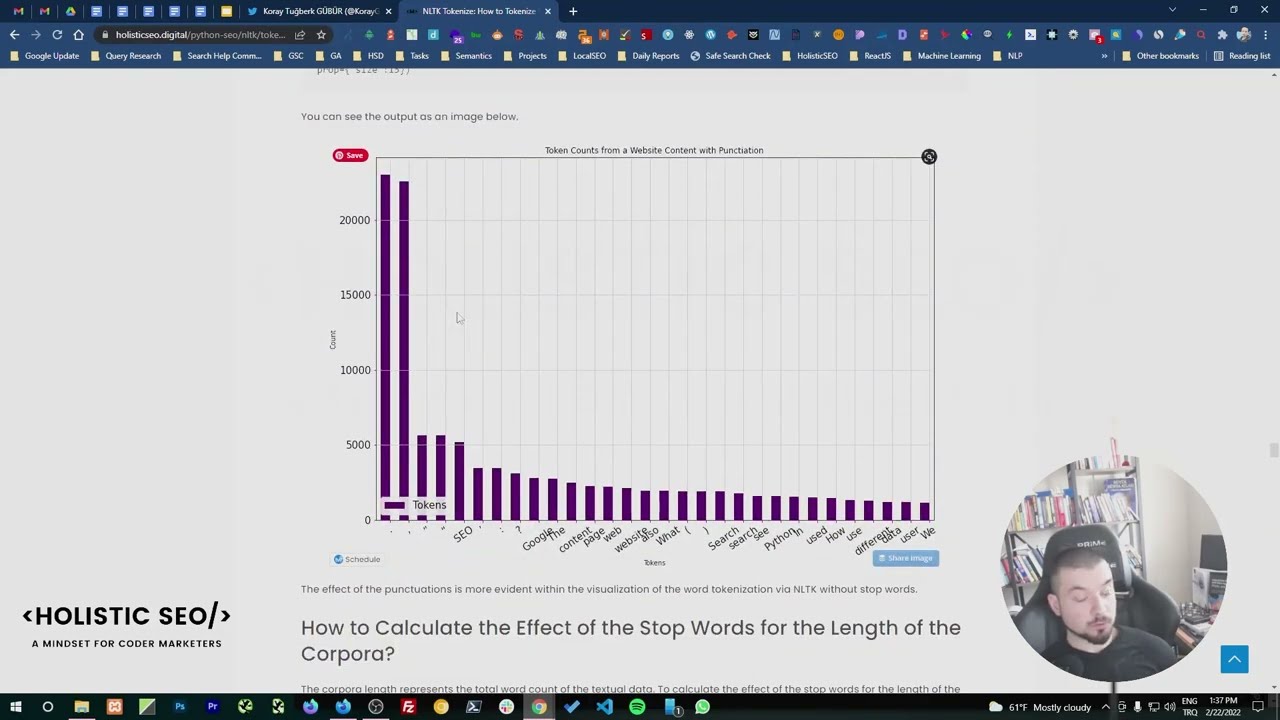Koray Tuğberk GÜBÜR
SEO Chat is a Twitter Event that is performed over the #SEOChat hashtag to innovate the SEO. SEO chat Twitter Event is started by Mordy Oberstein to support the SEOs communication, friendship, and information share. SEO chat Twitter Events involve questions and answers related to search engine optimization. The digital marketing-related facts and SEO-related practices are mixed within the SEOChat questions and answers. SEO Chat is also a platform name from Twitter that focuses on sharing the SEO Chat events such as #SEOChat hashtag events, or #vcbuzz SEO tweet series. SEO Chat is also a name of the SEO Forum that is not active for a long time. In the Webmasterworld Forum, there is one more SEO Chat sub-forum. In this case, the platforms, types, and profiles of the SEO Chat concept are listed below.
Source: https://www.holisticseo.digital/marketing/seo-chat-a-twitter-event-for-innovating-seo/
#seo #seowebinar #seochat
Chapters
00:00 Introduction to SEO Chat
02:00 RankLab Definition
02:30 Google Internal Terms
02:40 Difference of Query-Dependent and Independent Ranking Criteria
04:18 Process the Query “Protein Powder”
06:11 What is Query Processing?
08:06 Process the “X Stadium” Query Template
10:00 Major and Minor Search Intent Differences
11:30 What is Semantic Distinctiveness?
13:25 What are Query and Lexical Semantics?
14:45 Can a search engine learn new things?
16:03 What is Predictive Ranking?
17:00 Word Order and Search Intent, Relevance Effect
17:57 Indigenous or Exogenous Ranking Factors
20:00 Does Internal Link Position Matter?
20:29 Anchor Text Types
22:25 What is similarity threshold?
23:30 SEO vs Programming Difficulty
25:00 Chat with Google
26:00 SEO Course Introduction
Official Website of the Holistic SEO & Digital: https://www.holisticseo.digital
Official Twitter Account of Koray Tugberk GUBUR: https://twitter.com/KorayGubur
Official Facebook Account of Koray Tugberk GUBUR: https://www.facebook.com/koraytugberk.gubur.948/
Official LinkedIn Account of Koray Tugberk GUBUR:
https://www.linkedin.com/in/koray-tugberk-gubur/?originalSubdomain=tr
Official Pinterest Account of Koray Tugberk GUBUR:
https://tr.pinterest.com/koraytugberkgubur/_saved/
